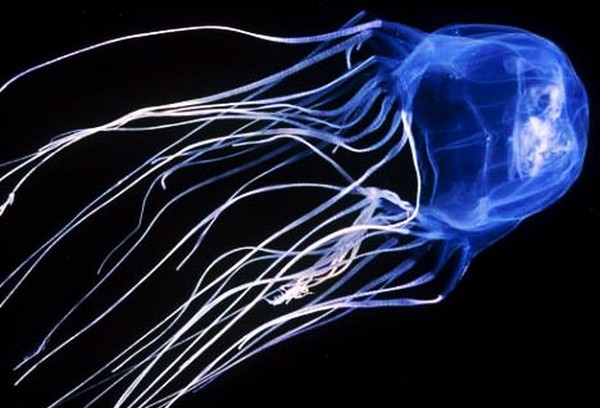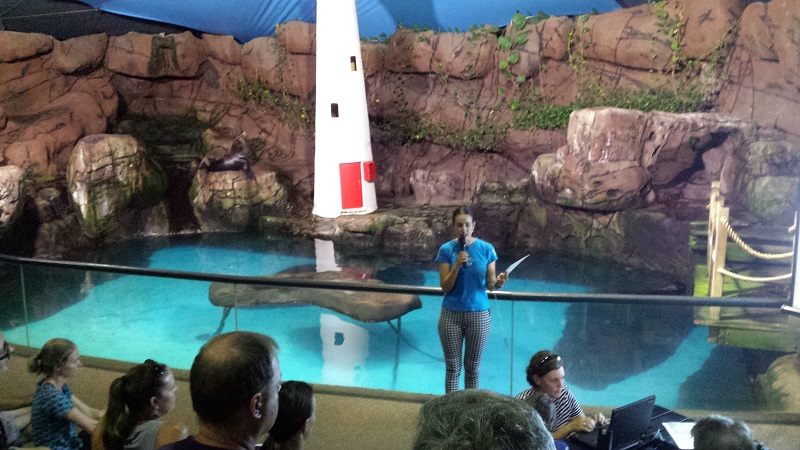
Marine Debris event at Sealife Mooloolaba
By Katie-Anne
During my time as a Marine Education Officer I have been invited to many open conversations, workshops and conferences, so when I was invited to attend a night of conversation around marine debris at Sealife Mooloolaba, I thought it was a great networking and information sharing opportunity. What I wasn’t expecting, was that the night would cause a shift in my understanding of the importance of data collection and the sway that citizen science can have.
The night was organised by the Sunshine Coast Council and included guest speakers from Targaroa Blue, Sealife Mooloolaba, Coolum and North Shore Coastare, Reefcheck Australia and the SCRC Turtlecare program. These stakeholders have a volunteer or not-for-profit element to their conservation work and as such the passion exuded by each speaker was all encompassing.
One statement said it all.
Naomi Edwards from Tangaroa Blue foundation opened with a statement:
“If cleaning the beach is all we do, it is all we will ever do.”
A very bold statement which had everyone sitting up and listening with open ears. What Naomi meant was that collecting debris is an amazing opportunity to identify what is washing up, where it comes from and how it entered the marine environment.
Citizen science creating real change
Through this train of thought the Australia Marine Debris Initiative (AMDI) was born. The organisation has a global database in which volunteers, community groups and organisations can input data based on the size, material and type of item collected from the beaches and river clean ups. This means me, you and the little old lady down the road can contribute to the collection of scientific data.
Tangaroa Blue then uses this data to work with Industry and government organisations to create change on a large scale. Once upon a time this type of citizen science was dismissed as ‘not scientific’, however, it appears this broad quantitative science is gaining more traction within the scientific and government communities. The exciting thing that I discovered was that local government authorities are willing to see this as a feasible data collection means for identifying possible trends within the environmental systems.
But how is the raw data used to do this? Well, I thought the same thing until I discovered that the data can be viewed by anyone and can be collated to create reports on the website and can be (including a variety of graphs…..everyone loves a good graph) tailored for specific beaches or communities. This opens the opportunity for the identification of trends and problematic pollutants within this locality and to identify where the most common types of pollutants have originated from. Once specific pollutants or trends have been identified, this data can be used as a basis for change in the form of prevention by a strategic approach within the local community.
It is this type of focused solution planning, or pollutant focused planning, that the Sunshine Coast Council is showing an interest in. An example of the positive use of this data is with the implementation of a ban on the release of balloons at council events and in council-managed reserves by the Eurobodalla Shire Council. This was the direct result of collation of data relating to balloons found on the local beaches and the education on balloon impacts on the marine environment that was given by the local environmental officers.
Community action is important for scientific data
This is the key shift in thinking from simply cleaning the beach (which I do not want to underestimate the importance!) to using this necessary and vital community action as an opportunity for data collection and potentially as a platform for societal change. Essentially this database and others like it are enabling members of the community access to relevant data to drive changes from a community based ground roots level.
More information
For more information about Tangaroa Blue, the Australian Marine Debris Initiative or upcoming clean up events, visit www.tangaroablue.org.
Other organisations mentioned:
Sunshine Coast Council TurtleCare program
Sealife Mooloolaba
Coolum and North Shore Coastare
Reefcheck Australia




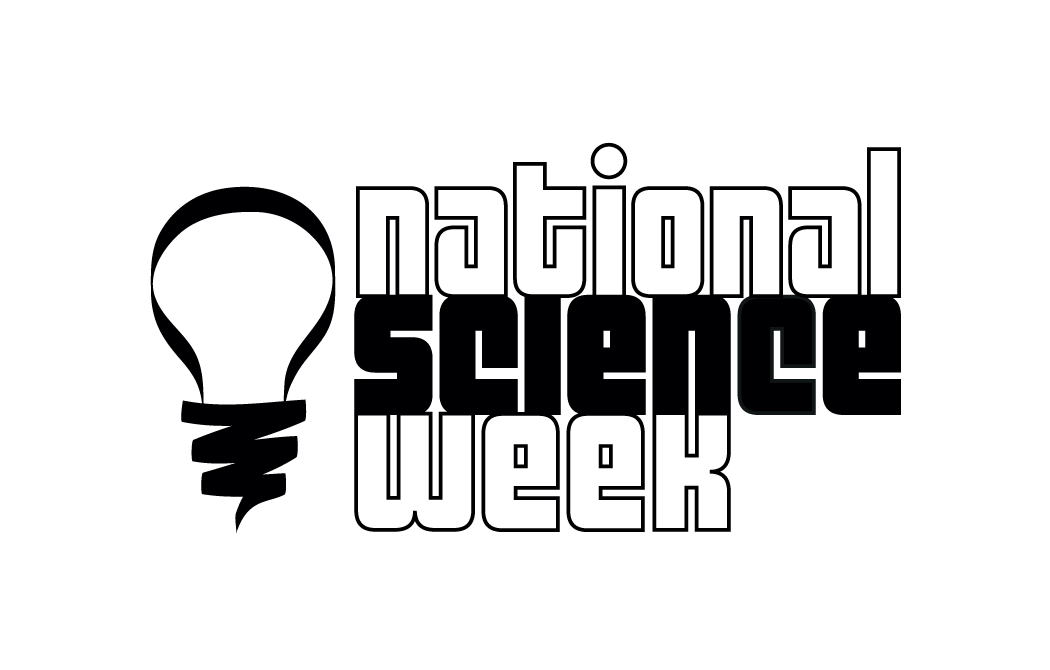 National Science Week is Australia’s largest celebration of science with over a million people participating in activities across the nation.
National Science Week is Australia’s largest celebration of science with over a million people participating in activities across the nation.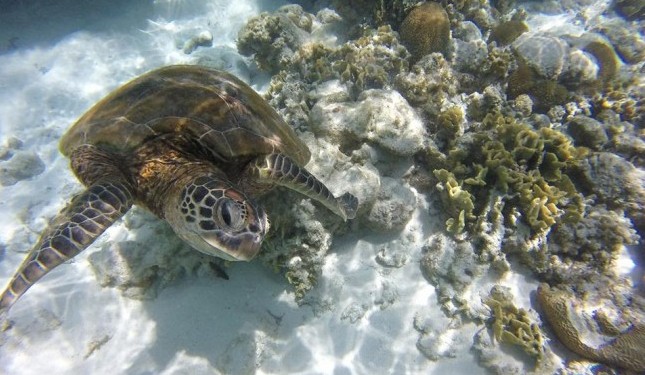
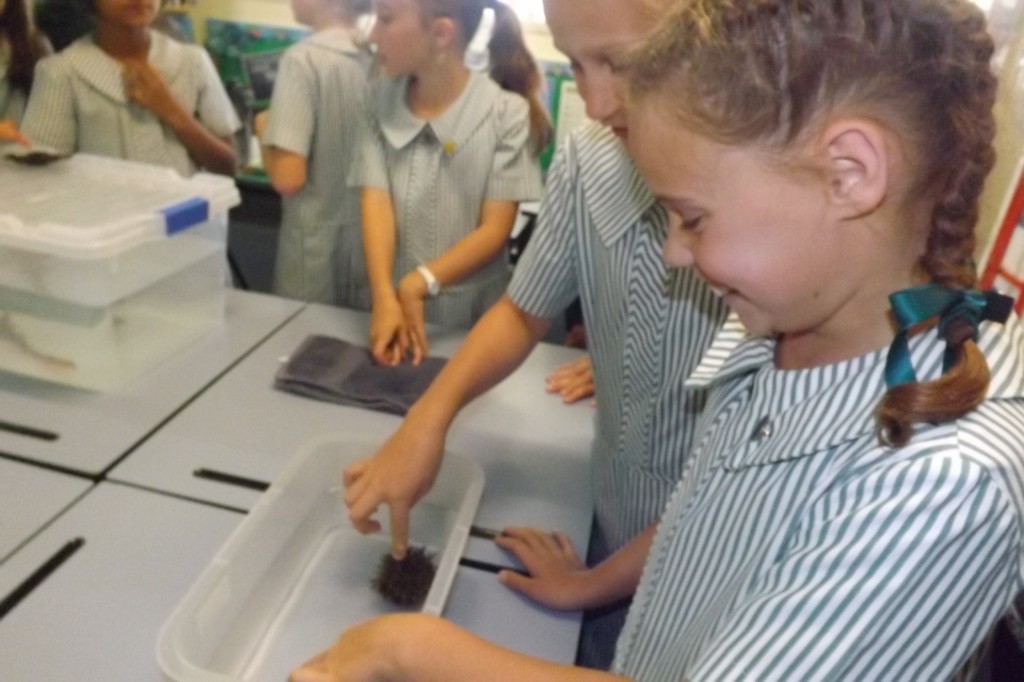
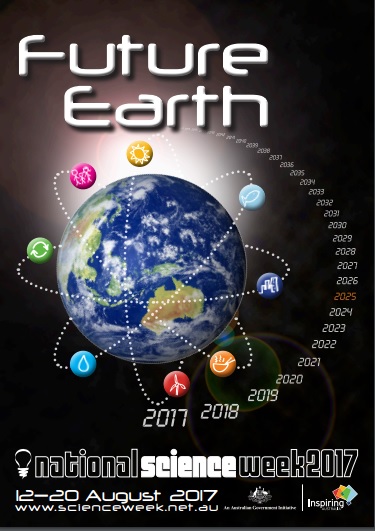 The
The 
